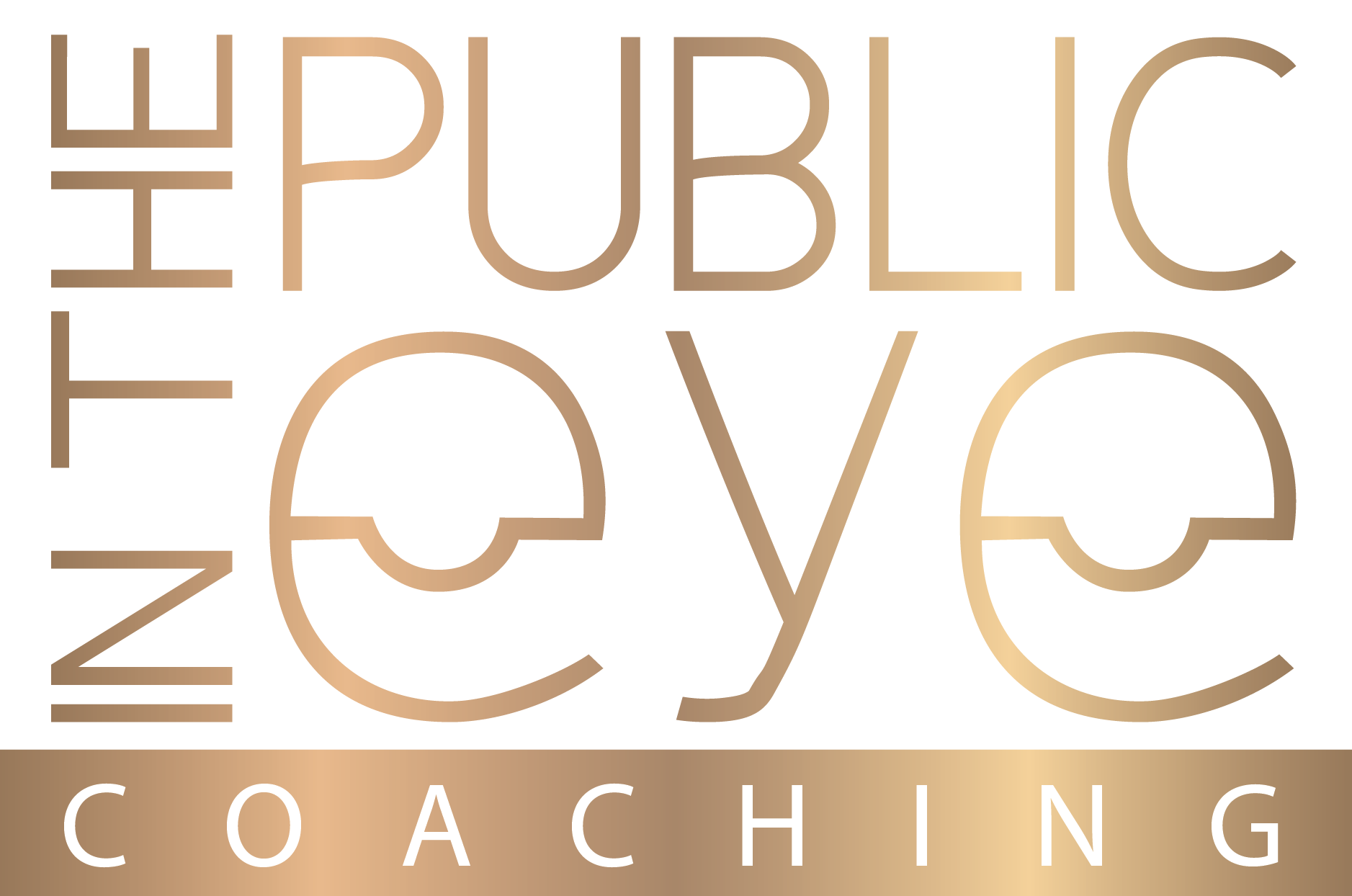Public Speaking: I Am An Imposter
Most of my public speaking clients have the same mantra: "The audience will know I am an imposter. They will question my research, they will know I am not a thought leader, they will hate my clothing, and it's too bad my speaking and writing skills suck."
I hear this from CEOs, senior vice presidents, senior managers, and others at the top of the corporate food chain. You would look at their resumes and be bewildered that standing in front of a crowd would cause them one iota of self-doubt. They have overcome so much of the inner critic chatter to achieve their highest goals, yet the chatter freezes them when it comes to being exposed to audiences. It doesn't matter the size of the audience. It could be a board meeting, a senior staff meeting, or a TED Talk.
In 90% of the clients I have worked with, most of their fears have no basis in truth. They have spent decades becoming the thought leader in their field, the research is impeccable, their diction is outstanding, and their writing skills were honed at some of the most distinctive colleges in the nation. What they're actually battling is the chatter of their inner critic. In previous blogs, I have talked about how brutal the inner child can be on you as an adult.
Professionals in psychiatry and coaching all agree that the inner critic is a wounded child. Somewhere in your childhood, I speculate, between the ages of 8 and 15, some incident pulled you into self-doubt. During that time, we realize our parents are not gods and that we are separate and alone in the world. The incident(s) that bruised us in childhood may have been innocent or designed. It could be as simple as your mother telling you to know your place, a vicious family member telling you that you will never amount to anything, or maybe you were never told that you were beautiful or handsome. Either way, many of us land in this fear of standing in front of people and being vulnerable.
We are all quite vulnerable with all eyes upon us. Our natural reflex is to stare at ourselves. Did I say that right? Is my skirt too short? Do I even know what I'm talking about? Remember, they all told you that you would never be anything? I am an impostor.
Wikipedia defines imposter syndrome as a psychological occurrence in which an individual doubts their skills, talents, or accomplishments and has a persistent internalized fear of being exposed as a fraud. But I believe the impostor syndrome is a symptom of inner critic abuse.
You see, it doesn't matter what your resume reads. If you don't take hold of that chatter, you will never be comfortable in your skin. Being you should be a peaceful place. Standing on a stage should be a place of power where you state your idea worth spreading. It should not be the most horrifying thing you do in a week. So many of my clients come to me because their employers told them they would be fired if they kept skirting the public speaking part of their jobs. That adds to the horror.
You must let your wounded child know, "I got this." Most importantly, it would be best if you worked to quiet the subconscious replay of the experience that ignited the inner child in the first place. The family member that said would not amount to anything was lying. Your mother, who told you to know your place, only meant it during your childhood. And those teachers, bullies, alleged friends, spouses, and bad bosses were wrong. You are only an impostor if you believe it.
I hope this blog creates a desire to quiet your inner critic. I am here to help. Let’s build a tool kit that teaches you how to recognize when your inner critic is talking and how to shut it up. Schedule a time for a free consultation. https://bit.ly/3Py3FCZ
